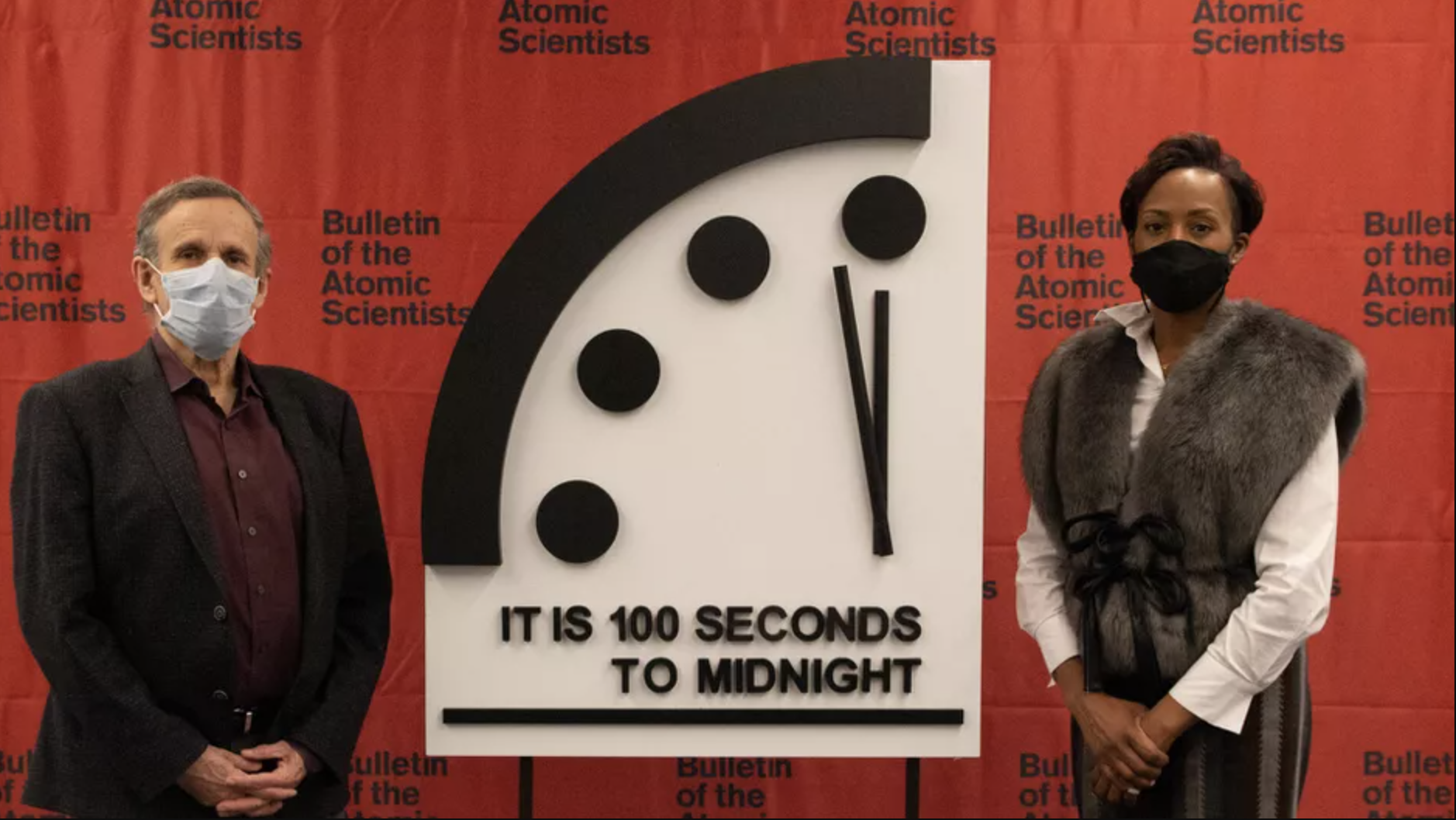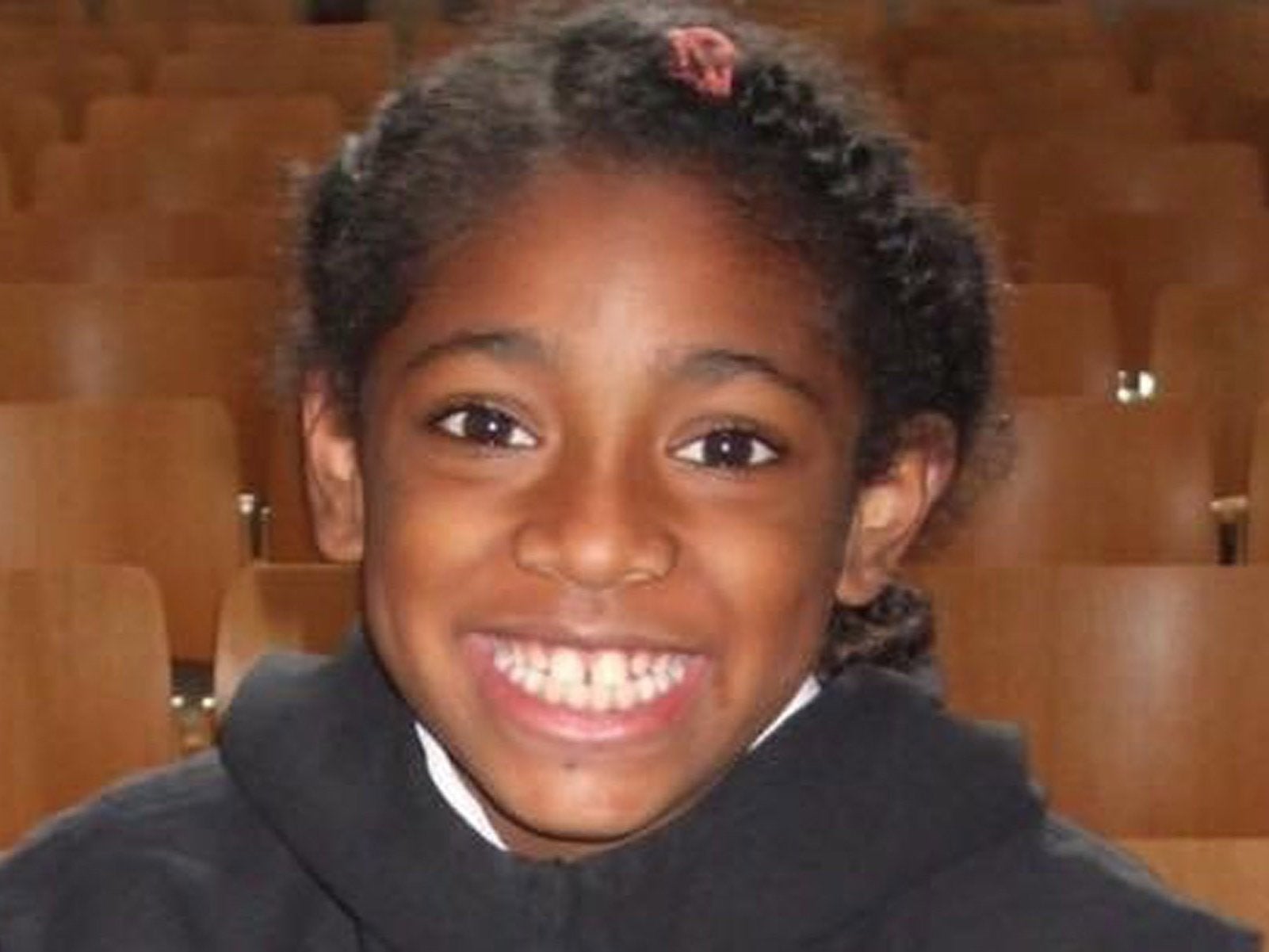Talking Points: January 2021
Posted on 04 Feb 2021 Categories: Blog, Climate crisis, Coronavirus, Inequality, Social Security, Talking Points
by Rethinking Poverty
With a new lockdown announced on 4 January and schools closed across the country, 2021 got off to a bad start. By 25 January, Gordon Brown was warning that the UK was ‘at risk of becoming a failed state and breaking up unless there are deep reforms of the way the country is governed’. On the 27th, the Bulletin of the Atomic Scientists announced that the Doomsday Clock, a measure of the ‘world’s vulnerability to catastrophe’, remains at ‘100 seconds to midnight’. Dramatic falls in carbon emissions seen early in the pandemic have been reversed. Can we find glimmers of hope for the year ahead?

What hope for the climate?
Sarah Wilson recalls a ‘wistful, hopeful time in April. Of dolphins and bike lanes and sourdough.’ ‘In the early days of Covid-19, we stopped consuming and rather loved it,’ she says. ‘But it didn’t stick.’ Reports released on 12 January showed that consumer confidence was at a 13-month high. 2020 has been awarded the title of hottest year on record, in spite of the cooling La Niña influence.
One glimmer of hope can be drawn from the biggest ever opinion poll on climate change, which found two-thirds of people think it is a ‘global emergency’. The UN Development Programme (UNDP) questioned 1.2 million people in 50 countries. As many as 69 per cent of those aged 14-18 said there is a climate emergency, while 58 per cent of those over 60 agreed, suggesting there is not a huge generational divide, and giving politicians what UNDP called ‘a clear mandate to take the major action needed’.

Changing attitudes are reflected in the continuing pressure businesses face to cut emissions, with shareholders pushing HSBC to cut exposure to fossil fuels, asset manager BlackRock threatening to sell shares in the worst climate polluters, rating agency S&P warning 13 oil and gas companies they risk downgrades as renewables pick up steam, and Prince Charles urging businesses to sign the Terra Carta pledge to put the planet first.
The government is also under pressure. City mayors representing more than 17 million people across the UK are urging Boris Johnson to commit to tougher air pollution targets following the landmark ruling by a London coroner that toxic fumes were a cause of the death of nine-year-old Londoner Ella Kissi-Debrah. On 30 January the government’s climate change advisers rapped ministers over the knuckles for allowing a new coal mine in Cumbria, saying the decision would ‘increase global emissions and compromise the UK’s legally binding carbon budgets’ and ‘undermine its leadership of the vital COP26 climate summit in Glasgow in November’.
Are we heading for a fairer society?
There’s little sign of it. The year began with a call for action to make Britain a fairer country from the Institute for Fiscal Studies after its research showed that the Covid-19 pandemic had led to greater inequality, with the most vulnerable – those on lower incomes, the young, the least-educated and people from black, Asian and minority ethnic backgrounds – hit hardest by the crisis.
Next came research from the High Pay Centre showing that bosses of top British companies would have made more money by teatime on Wednesday 6 January than the average UK worker will earn in the entire year. The chief executives of FTSE 100 companies are paid 115 times more than the average worker – a median average of £3.6 million a year compared to £31,461. In the US billionaires have increased their net worth by more than $1 trillion during the coronavirus pandemic as their workers struggle.
Meanwhile the Observer reported that 70,000 households in the UK had been made homeless during the pandemic. The Resolution Foundation found that more than a third of the UK’s poorest families have seen their already meagre incomes squeezed because they have had to spend more on food, gas and electricity, and home schooling – findings echoed in Joseph Rowntree Foundation’s latest annual state-of-the-nation report, UK Poverty. England’s largest ever study of health inequalities in BAME communities, published at the end of January, has found that the health impact of belonging to some ethnic minority groups is equivalent to being 20 years older than your actual age.
‘How ingenious are the British!’ marvels Aditya Chakrabortty. Like the legendary Inuit people who coined 57 words for snow, we have devised a long list of clever aliases for ‘the stuff that dominates everyday life’ – food poverty, fuel poverty, child poverty, period poverty, etc. ‘But this ever-growing jungle of subcategories obscures the one true problem they have in common. It is poverty: the condition of not having enough money to live your life.’

We need to address inequality directly
Social epidemiologist Mishal Khan argues that this lockdown, the most vulnerable need greater protection and calls for ‘targeted interventions’. ‘If we apply one-size-fits-all, universal policies, we will widen existing health, economic and social inequalities, and these will haunt us all, long after the pandemic has ended.’
‘Enough talk about inequality, it’s now time to act,’ says Kenan Malik. He starts with sick pay, ‘one of the most basic issues in a pandemic’. The UK has among the meanest rates of statutory sick pay in the developed world, he says. The average mandatory sick pay among OECD countries stands at around 70 per cent of an employee’s wage; in Britain, it is around 25 per cent. Two million people who earn less than £120 a week earn too little to be eligible. The catalogue of injustice goes on. Tackling poverty and inequality costs money, of course, but ‘The issue is less about money than about priorities. What kind of society do we want? What are the values that will define it? Whose lives matter?’
Solutions aren’t hard to come by. The government knows how to solve poverty yet it is making life so difficult for struggling families, says Andrew Fisher. The most recent call for action comes in a report published on 1 February by the all-party parliamentary group on poverty, co-chaired by Conservative MP Kevin Hollinrake, which asks for the universal credit top up, worth £1,050 a year, to be retained beyond April and for the benefit cap to be suspended.
‘Wages are too low, housing costs are too high and social security doesn’t provide social security.’ ‘The only answer: squeeze the super-rich,’ says Guardian columnist Simon Jenkins.
What we need is vision …
Elsewhere, Jenkins argues that ‘If Boris Johnson had any vision he would invest in people, not buildings’. ‘The emphasis of government is on hospitals rather than doctors, on schools rather than teachers, on museums rather than their contents. Urban economists such as Richard Florida have pleaded for years for cities to be seen not as constructs but as hubs of creativity … This vision must underpin the revival of cities after the pandemic … It means reviving the boring things that are now being starved of money – gardens, pubs, concerts, day centres, youth clubs; not bridges, hard hats and headlines.’
… and lasting political change
Coronavirus has revealed a country so ill-governed that current politicians cannot be blamed for all of it, says Nesrine Malik. ‘The traditional model holds that ministers decide on the general direction of policy and officials interpret and implement it. This balance of roles has been eroded at least since the turn of the century, largely by a ministerial craving for headlines that led to a daily welter of central initiatives, interventions and vanity projects. Officials are expected not to challenge but to obey.’ The multibillion-pound test-and-trace fiasco, for example, resulted from Whitehall’s aversion to local government as well as ‘deep-seated cronyism in state procurement’.
Come the inevitable inquiry into the events of the past year, she concludes, ‘it is not only politicians who should carry the can. All the components of Britain’s government, central and local, should be tested – the constitution as a whole should be under examination.’
Want to keep up-to-date with more articles like this? Sign up to our newsletter.
Posted on 04 Feb 2021 Categories: Blog, Climate crisis, Coronavirus, Inequality, Social Security, Talking Points
